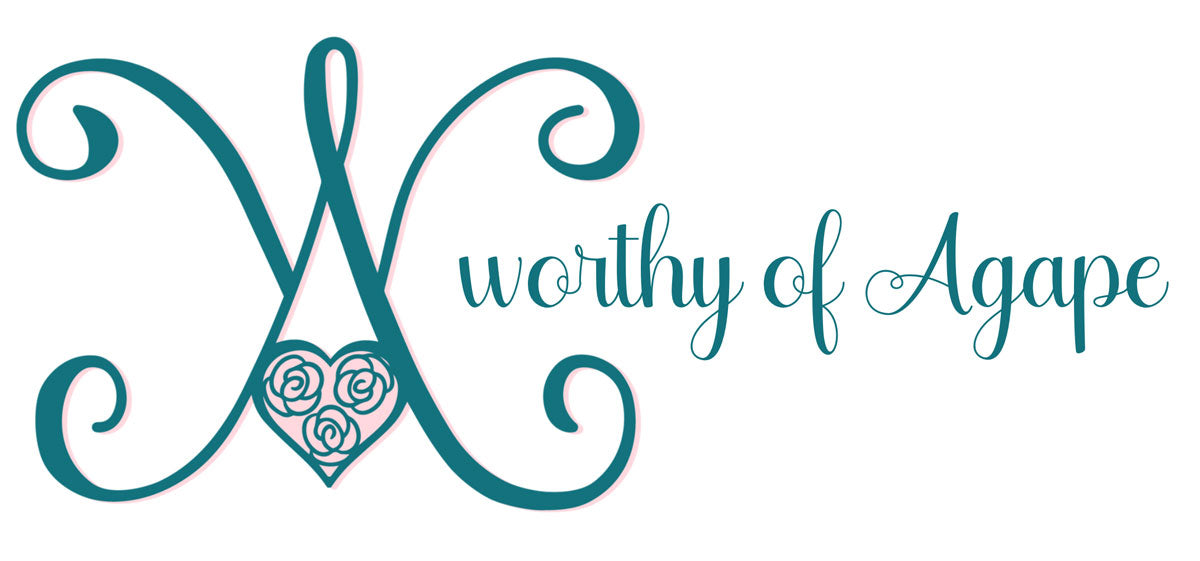Blog
no resurrection without the Cross.
As of writing this post, I am 37 weeks, 4 days pregnant. I am to the point where not only do the weeks matter, but so do the days. Every single day counts, and every single day gets me one day closer to meeting our next daughter. Lately I have found myself saying that I am ready to be done being pregnant but not ready for labor. It makes sense, right? Who wouldn't want to meet the child that has been growing inside of them for the last nine months? But who really wants labor? As a means to an end, sure, but no one wants labor itself.
Labor hurts. It is hard work, hence the name. When I gave birth to Monkey, I did it without any pain meds, and let me tell you, it hurt. It was beautiful and wonderful and glorious to look back on (and even a bit comical), but in the moment? Pain. Agony. Struggle. Tunnel vision to an extreme. I hardly uttered more than one word commands for hours on end as contractions kept coming like the crashing waves of a hurricane, threatening to rip the coastline to pieces. It is no wonder, then, that I'm not ready for labor.
As I've been working through these feelings and taking them to prayer, I realize that what I am asking for is the resurrection without the cross - a thing that is not possible. There is no resurrection unless there is first a death. No triumph over evil unless evil was there in the first place. No victory without a battle, a struggle, or a fight. In the same way, there is no birth without labor. I am not sure I ever connected the dots with my first pregnancy, I just knew that labor had to come and I would deal with it whenever it came, but at the end of it, I would have a sweet squishy baby to call my own.
As with Christ and the crucifixion, labor came on slowly. The contractions started and I could walk and talk through them - it wasn't as though I went from perfectly fine to bleeding and nailed to a tree, naked for the world to see in the blink of an eye. Christ endured the scourging, the crowning, even carrying His cross before finally being nailed to it and dying upon it. So too must labor be: it - at least for most of us - comes on slowly, steadily increasing its demands of us. Labor, like Christ under the weight of the cross, brings us to our knees, unable to carry it alone. The knowledge of what is to come - new life - strengthens our resolve and gives us grace to face the pain. Finally, it all culminates: Christ surrenders, dies, and is raised from the dead. The laboring mother, after hours of labor and pain, summons up all that she has left to push, and new life enters the world. The result of both efforts are glorious and life-changing, in more ways than one. But what we often forget is the pain that it took to get to the end. Labor pains seem a distant memory as we breathe in the scent of our child, snuggling closely as we take in the miracle of life. So too we tend to beautify the Cross, making it less bloody, less gruesome as we'd rather glory in the resurrection.
The truth, though, is that no matter how much we 'clean up' the cross, it is still there and it must be there in order for the resurrection to exist. We can clean up labor, too, lessening the words we use to describe the pain, but just like the cross, we cannot have new life without labor. With this in mind, I find myself more ready for labor, more ready to take on the pain knowing what glory Christ's cross brought about. There can be no joy without some knowledge or experience of sorrow, no love without heartbreak, no birth without labor, and no resurrection without the cross. These things are two sides of the same coin and to forget that is to lose the meaning that God wrote into our very existence as humans. Furthermore, it is through our experiences of suffering, pain, sorrow, labor and the like that we come to share in Christ's experience of the cross, and so too share in the joy of the resurrection.



